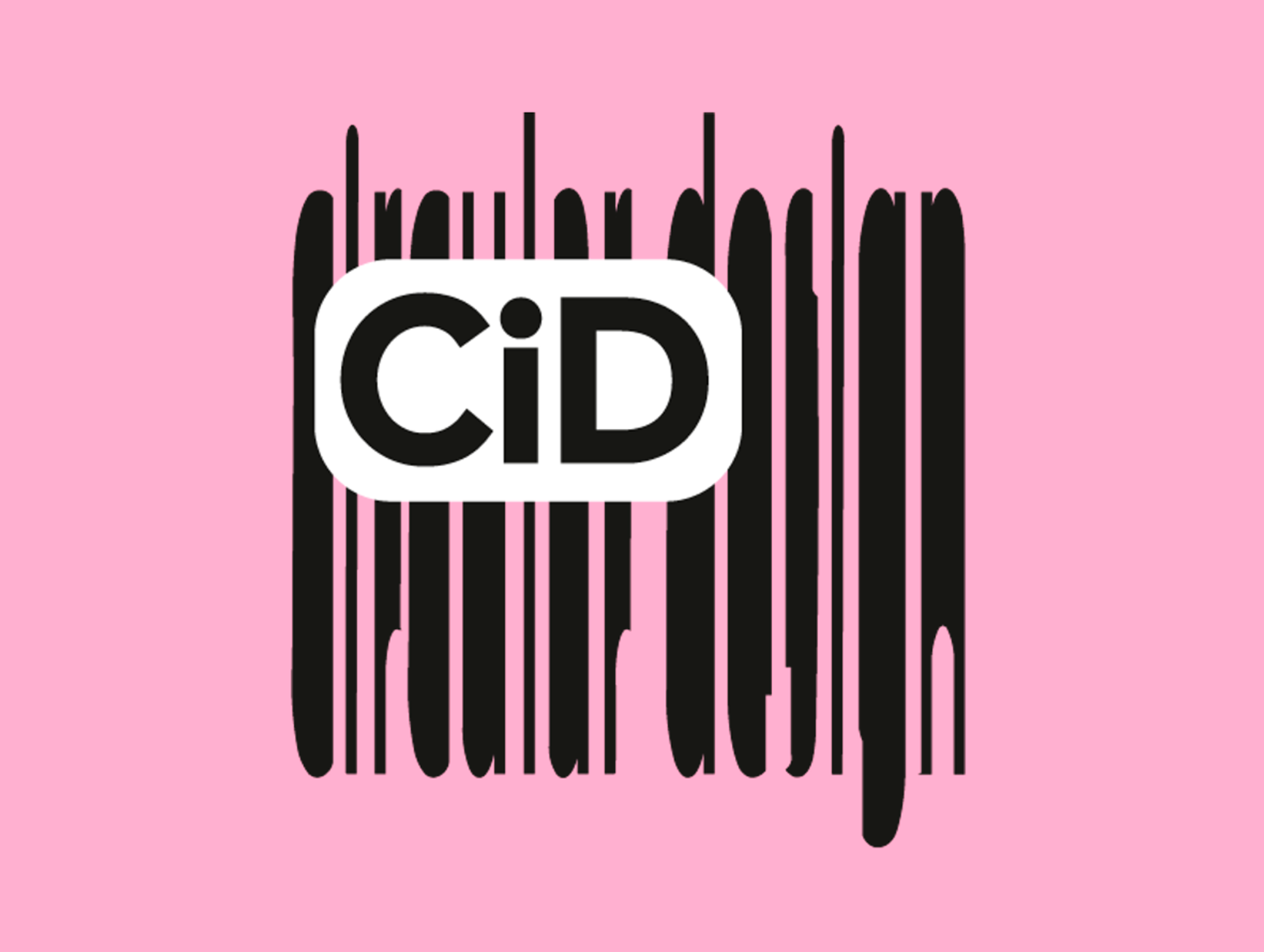Design plays a pivotal role in achieving climate-neutral cities in Europe, facilitating a green and resilient transition of urban areas. This transition, which encompasses both the improvement of cities as living spaces and their potential as catalysts for change, is high on the agenda. The circular economy presents innovative pathways to foster creative design sectors actively involved in this transition, as they are instrumental in driving the necessary cultural shift and promoting social inclusion.
Taking a multidisciplinary approach, the Innovation Alliance in Circular Design (CiD) aims to bridge the gap in skills and knowledge within architecture, urban design, and product/service design sectors. It offers a groundbreaking model that establishes a strong connection between design and circularity, thereby facilitating urban transformation. By aligning with the goals of the New European Bauhaus and merging creativity, arts, and technology for the Green Deal, CiD reimagines design within a circular economy framework.
CiD’s focus is on fostering collaboration across disciplines to develop carbon-neutral cities, with a particular emphasis on bio-based innovation in the built environment. This involves leveraging bio-materials from various sectors, establishing regional circular systems that utilize renewable materials, and incorporating building designs that function as bio-machines. The development of green, digital, resilient, and entrepreneurial skills in Circular Design is a key aspect, and an Innovation Ecosystem has been established to bring together relevant stakeholders from higher education institutions (HEIs), vocational education and training (VET), research and technology organizations (RTOs), municipalities, civil society, and businesses. This collaborative environment enables the exchange of knowledge and expertise, supporting the creation of a sustainable circular design ecosystem beyond the project’s scope. Furthermore, the involvement of pan-European organizations in architectural practice, society, and culture ensures the widespread dissemination and long-term viability of the Alliance’s achievements.
The Alliance’s primary focus is to foster innovation in Circular Design education by nurturing entrepreneurship within academia. This includes the provision of an accelerator program and continuing education initiatives aimed at enhancing skills aligned with emerging labor market demands. Additionally, these efforts enable the establishment of green start-ups that contribute to the circular construction and design economy. The Circular Design Innovation Ecosystem created by the Alliance will propel the transition towards a more sustainable and circular approach to construction and design.
Ersilia’s role:
Ersilia oversees the Bio-based Innovation Observatory, train students in green skills, ensure quality assessment of educational programs, and lead sustainability and knowledge transfer efforts.
Keep updated at: https://www.cid-innovationalliance.eu/
Barcelona Workshop: Envisioning Climate Neutral Cities, Buildings, Products & Services
In Spring '24, as part of the CiD Consortium meeting, the Ersilia team organized a workshop where partners were invited to create a storyline using the 3 Horizons Framework, developed by Bill Sharpe. This [...]
Collaborative Innovation: Building the CiD Main Framework to Tackle Challenges with Stakeholders
To the define the big societal and environmental challenges that CiD students will tackle during the academic programme, Ersilia harnessed the 6 observatories CiD project has, aimed initially at identifying and addressing market needs [...]
Embracing Challenge-Based Learning: A Path to Circular Design
CiD aims to aims to bridge the gap in skills and knowledge within architecture, urban design, and product/service design sectors to propel the transition towards a more sustainable and circular approach to construction and design. [...]




